In 2022, the real estate market went through a difficult period, when both supply and demand decreased, causing liquidity in the market to plummet. However, many investors expect that in 2023, the real estate market will have strong growth.

Mr. Troy Griffiths, Deputy Managing Director of Savills Vietnam.
Talking to reporters of the Journalist and Public Opinion Newspaper on this issue, Mr. Troy Griffiths, Deputy Managing Director of Savills Vietnam, said that in the context of the global real estate market being forecast to slow down, Vietnam will also find it difficult to avoid the impacts.
However, the strong purification process and urban development space of this market are still attracting the attention of investors.
Tightening corporate bonds is inevitable
After a difficult year, what is your assessment of the Vietnamese real estate market in 2022?
- I think there are many changes taking place that are affecting the real estate market. Specifically, the stock market has decreased by 30% in value, most listed real estate companies have decreased in value. This creates a lot of difficulties for listed companies when raising capital from stocks.
Along with that are investigations to purify and increase transparency of the corporate bond market. Obviously, this will have a big impact on the economy in general as well as the debt structure of investors.
However, the market still has many bright spots. If you look at each real estate, you can clearly see strong growth in many segments over the past year.
For example, for the industrial land group, there has been a 30-40% increase in prices in localities such as Dong Nai, Long An , Binh Duong, Bac Giang, Hung Yen... thanks to the interest of investors from all over the world.
For the housing segment in Ho Chi Minh City, Savills Vietnam data recorded an imbalance between the supply of new products to the market and the slowing growth rate.
This decline comes from a few reasons, firstly, the new supply to the market is very small, down 82% compared to the same period last year, about 2,500 apartments.
The absorption rate was also only at 20% compared to the usual level of 60-70% in the past. The high absorption rate of previous years was driven by the supply in the affordable housing segment of Class C.
However, this trend has now changed with 80% of supply coming from class A and B segments, only 20% are class C apartments that meet the main needs of the market.
In 2022, the capital flow into the real estate market will be shaken violently, especially the capital mobilization channel from bonds. In your opinion, at the present time, should we tighten real estate corporate bonds or not?
-There is no doubt that the bond issues and related investigations are impacting the capital market for real estate. However, I affirm that like any other emerging country in the world , Vietnam needs to go through this process, we need to have stricter regulations to protect investors. So this is the way things should be.
What we should expect is that the adjustment process will help improve the business investment environment towards transparency and stronger development. Many other countries have gone through a similar process so it will certainly cause some problems with debt maturities and the repayment process of enterprises.
Businesses will have to look to other sources of capital in the medium to short term. However, this effect is only temporary and will eventually be resolved to the benefit of the entire market as it will be more transparent, more regulated and then less problematic.

Savills Vietnam is very optimistic about the development of this segment in 2023.
A big problem for investors who do not have a long-term development plan or future projects. When they cannot develop new projects, investors will have problems with business cash flow.
A positive point to note in the past year is that Vietnam has had planning for provinces, master planning that is strongly coordinated and directed by the State. This will also promote real estate demand to shift to neighboring provinces other than large cities.
We have seen this process for Ho Chi Minh City, Binh Duong, Dong Nai or for Hanoi, Hung Yen, Bac Giang… Therefore, many positive things are waiting in the coming time.
Interesting points of Vietnam real estate market
What is your opinion on the Vietnamese real estate market in 2023?
-On a broader scale, the global real estate market will slow down in 2023. The "ghost" of high interest rates will curb inflation worldwide. This means that real estate demand in general will tend to decrease and Vietnam is no exception to that trend.
However, the interesting point about Vietnam is that we are ahead of other markets thanks to our 47% urbanization rate. In the eyes of investors, Vietnam still has a long way to go in terms of urbanization.
The middle class and wealthy population is growing, while the supply of Class C apartments is lacking as developers pursue products in the higher segment. Therefore, the demand for Class C apartments will certainly continue to increase for a long time.
The industrial property segment in particular will continue to grow as Savills is seeing a lot of manufacturing projects being built and price growth in that sector.
At the same time, the infrastructure system across the country helps increase the value of industrial real estate projects in many localities.
A niche area is logistics and cold storage services that are emerging and will be interesting due to the growth of the retail sector. The data science industry is also growing rapidly with a high demand for data centers.
With all those factors, I am very optimistic about the growth of this segment in 2023.

Industrial real estate is still a bright spot in the market.
What is your recommendation for investors in 2023?
-For individual investors, the first 6 months of the year will be an important time for them to observe before making decisions. In the context of the global economic uncertainties easing, we believe that investors should not rush to withdraw from the market.
In Vietnam, the State Bank is doing a very good job of keeping the VND stable against other currencies.
Real estate is a long-term investment. Investors who feel insecure about the risks of 1-2 years should find a more suitable investment channel because if looking at the overall picture, the Vietnamese real estate market is in a very good position.
Thank you very much!
Source


![[Photo] Closing of the 13th Conference of the 13th Party Central Committee](https://vphoto.vietnam.vn/thumb/1200x675/vietnam/resource/IMAGE/2025/10/08/1759893763535_ndo_br_a3-bnd-2504-jpg.webp)


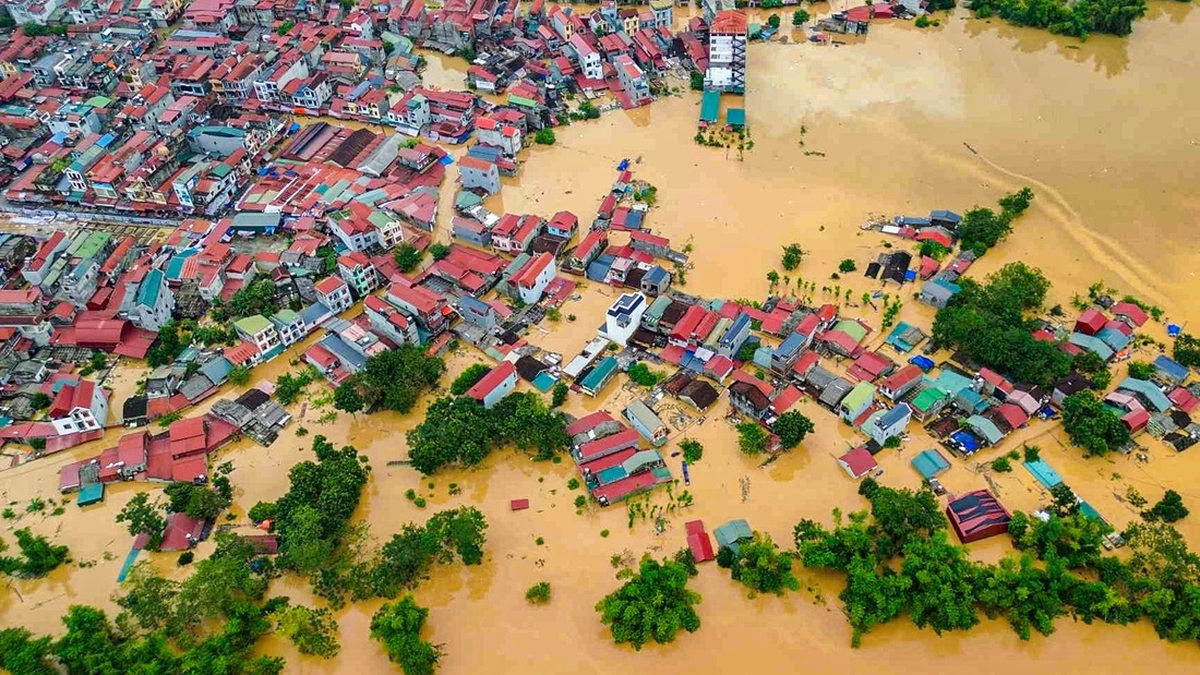







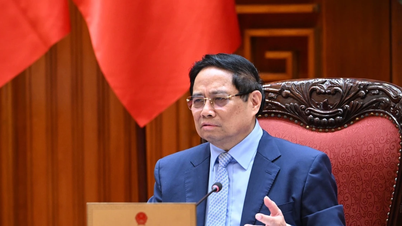

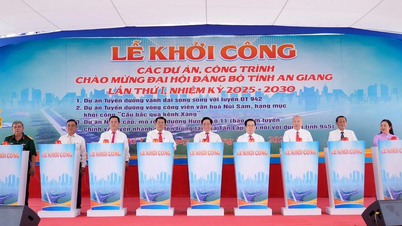







































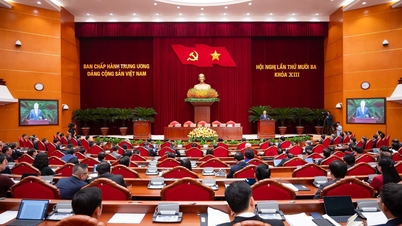


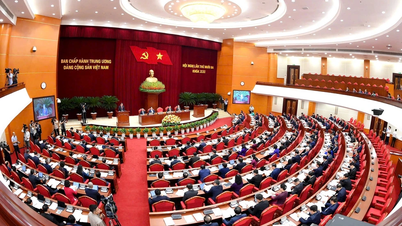

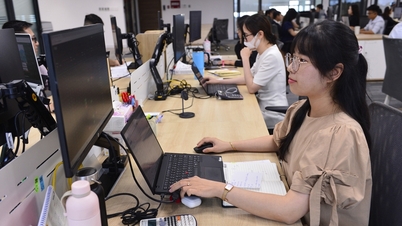















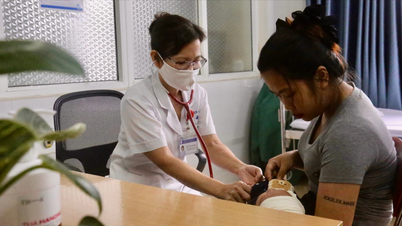

















Comment (0)